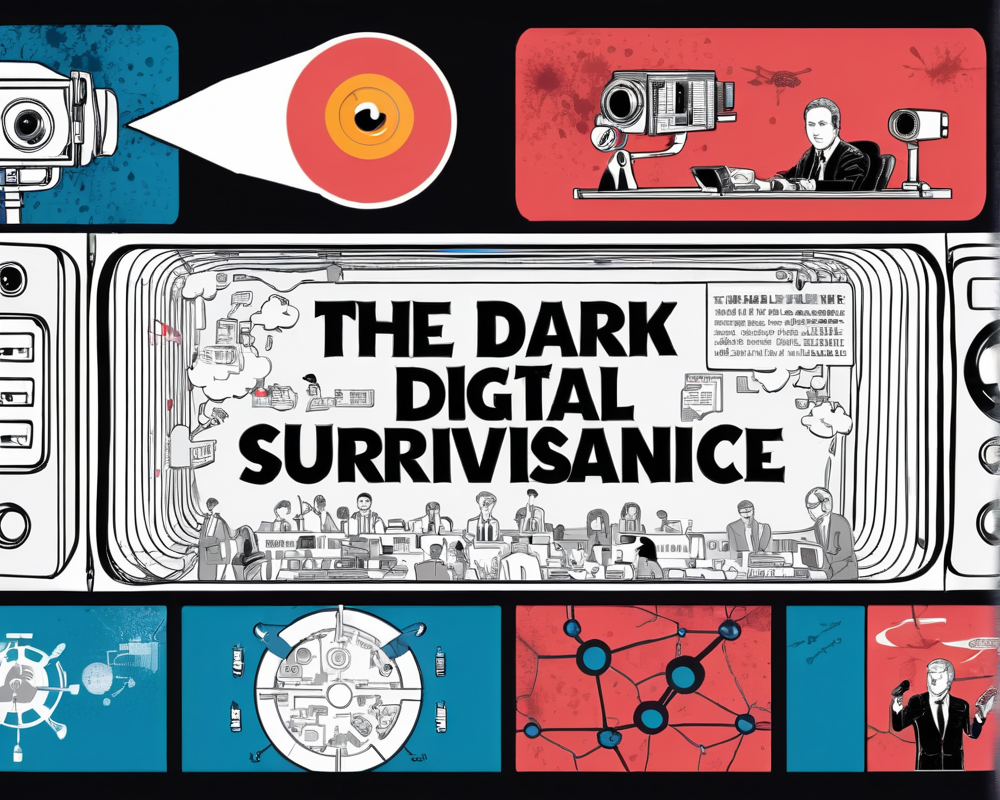The Secrets Behind the Secrecy
The revelations brought to light by Edward Snowden have shown that the digital world, while vast and seemingly boundless, is closer to a glass box than we might like to believe. In a joint effort, five Western nations – Canada, the U.S., New Zealand, Australia, and the UK – have poured their resources into monitoring every digital footprint we leave. Sounds like a movie plot, right? Except it’s real life, folks.
The Not-So-Innocent Browser
One of the key players on the digital chessboard is the UC Browser, a wildly popular mobile browser primarily used in China and India. With over half a billion users, it’s practically the teenager of mobile browsers—charming, but just a tad reckless. The Five Eyes agencies honed in on a vulnerability that leaked sensitive information like search queries and SIM numbers. In simple terms, it’s as if they discovered a secret diary just lying around with all your personal confessions. Oops!
A Race Against Time
Imagine their surprise when the Citizen Lab revealed this vulnerability to UC Browser, and the company scrambled to patch it—over three years after it was initially discovered! It’s like the high school student who takes ages to study for the big test. You’d think they would be more proactive!
Harvesting Mobile Data
The goal, dear reader, was to “harvest the wealth” of information stored on mobile devices worldwide. This isn’t just data collection; it’s borderline digital plunder. Agencies were particularly interested in regions like Africa, targeting specific countries and even scooping up data from as far as the Google app store located in France. Talk about a global reach!
The Art of Deception: Man-in-the-Middle Attacks
Stage two of this espionage saga involved a little something called Man-in-the-Middle attacks, or MiMT. This is where the real trickery happens: intercepting communications between devices and servers to insert, you guessed it, spyware. It’s like a magician making your phone do tricks without you even knowing! While this method has been employed before – with Facebook being a notable victim – it’s concerning enough that you might start double-checking your apps.
The Effectiveness Quandary
Supporters of mass surveillance argue that it is crucial for national security. But here’s the kicker: evidence supporting this effectiveness remains vague at best. It’s as if they’re handing out magic wands without proof that they actually work. Are we really sacrificing our digital privacy for an illusion of safety?
What Does This Mean for Us?
So, where does this all leave us? Navigating a digital minefield of espionage and corporate interests can make your head spin. Suddenly, that new app you installed doesn’t seem as innocent anymore. Whether you’re sending a text or shopping online, remember: your data is the currency of this brave new world, and everyone’s trying to cash in.




